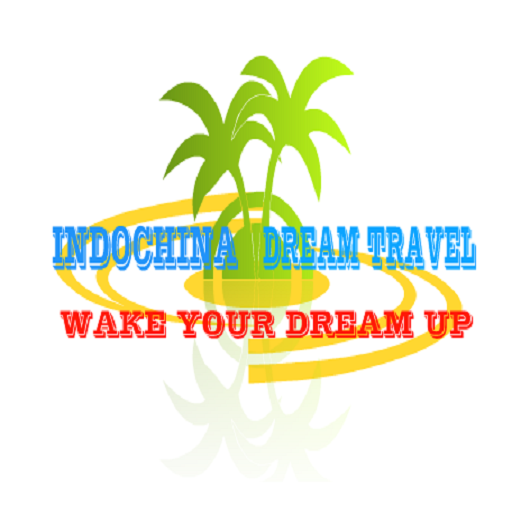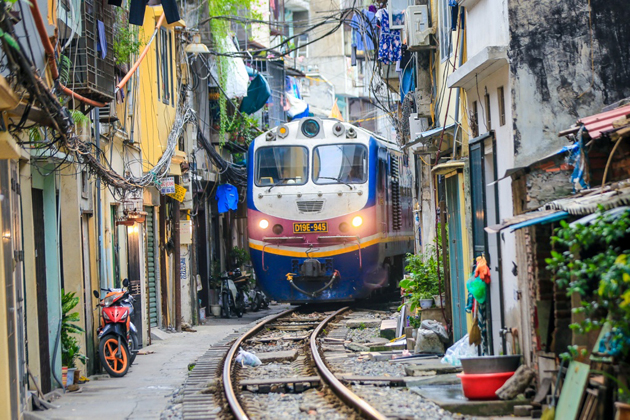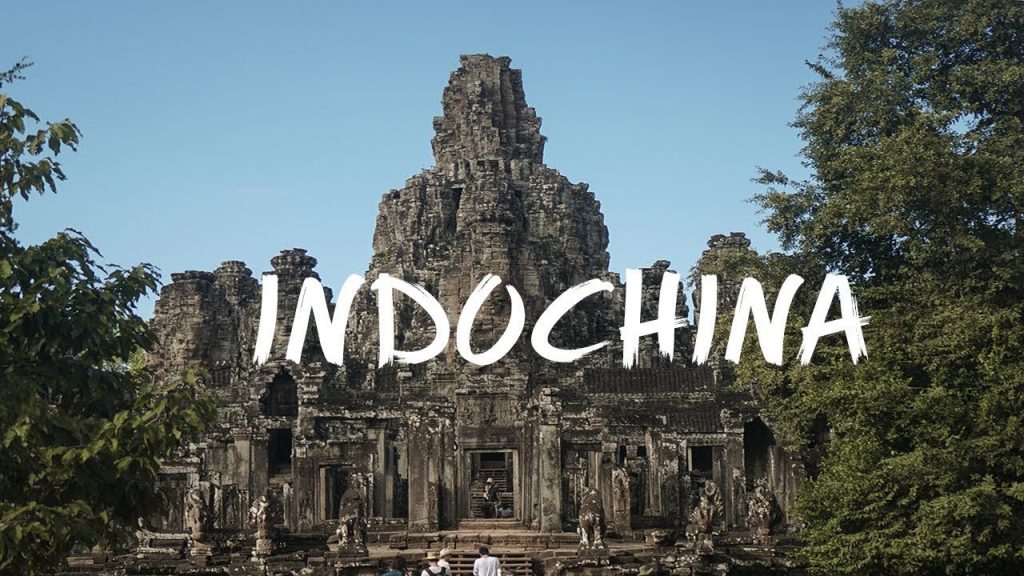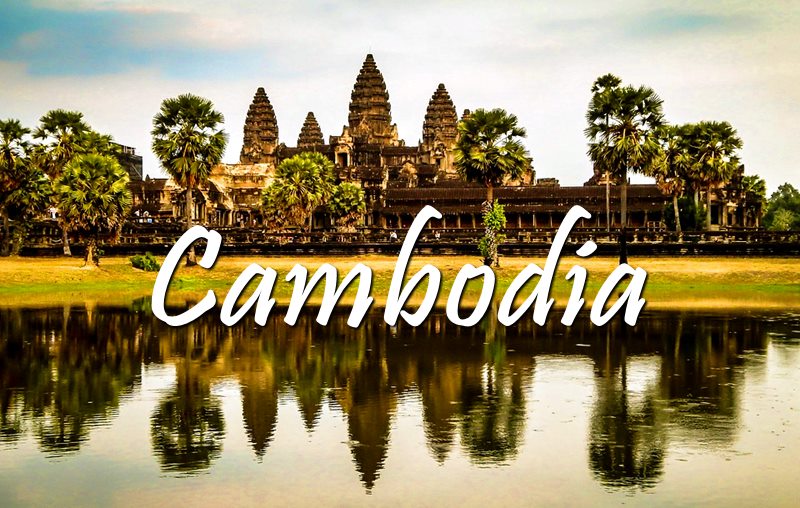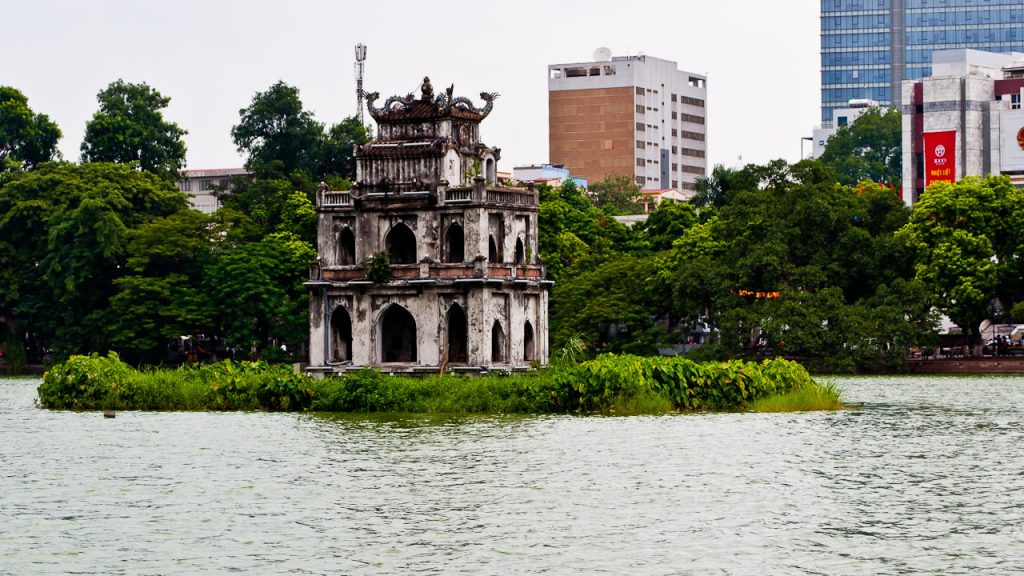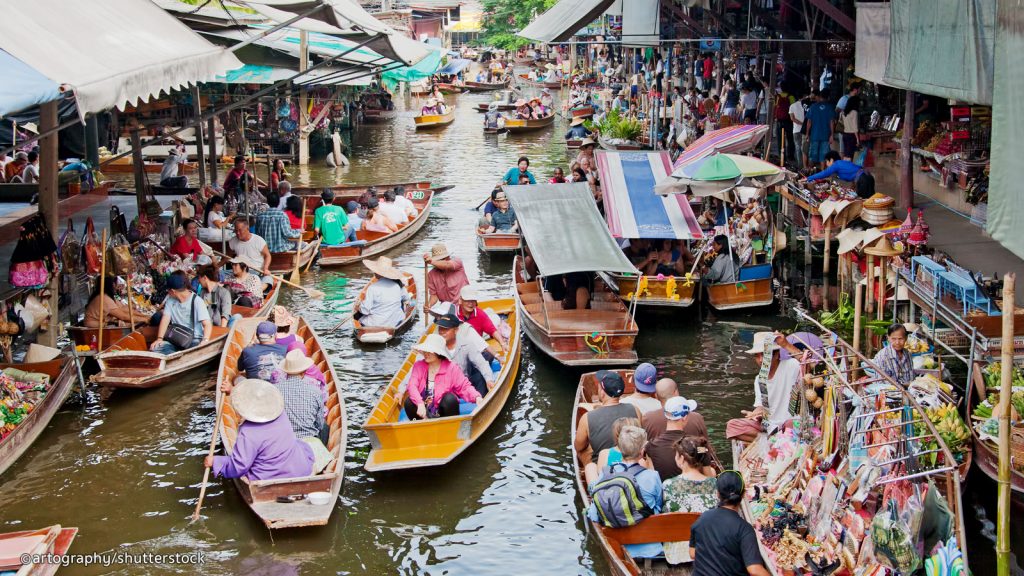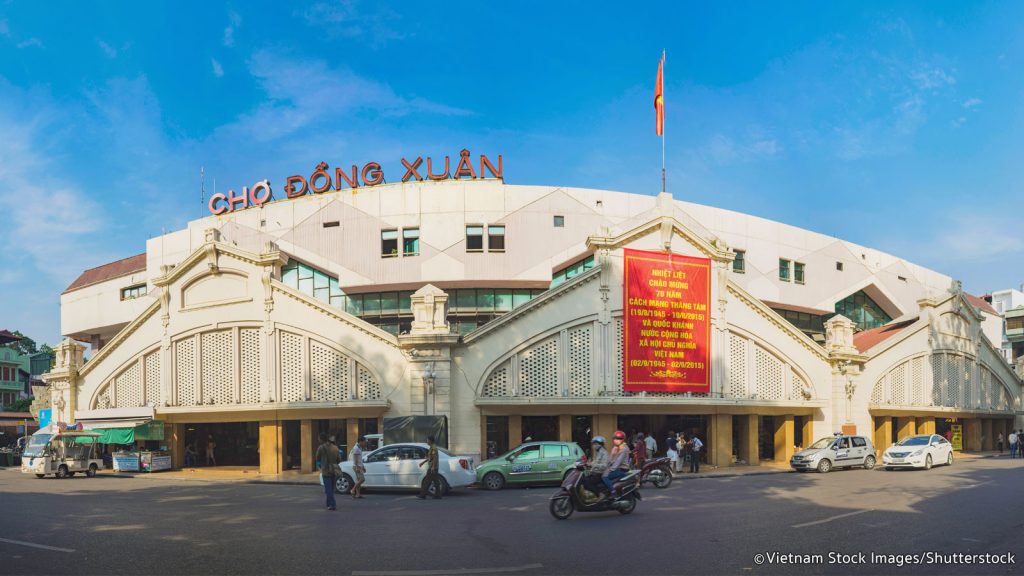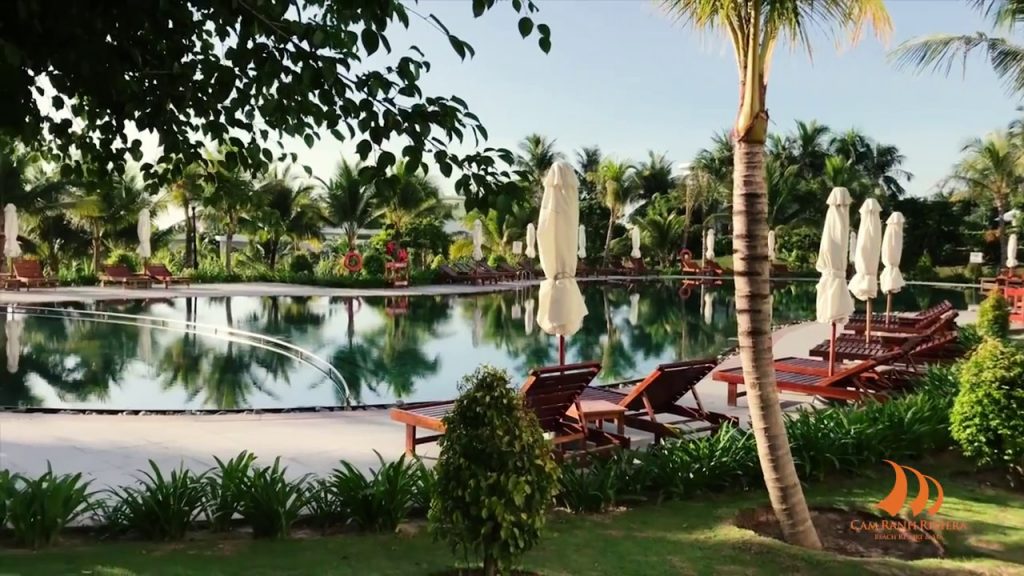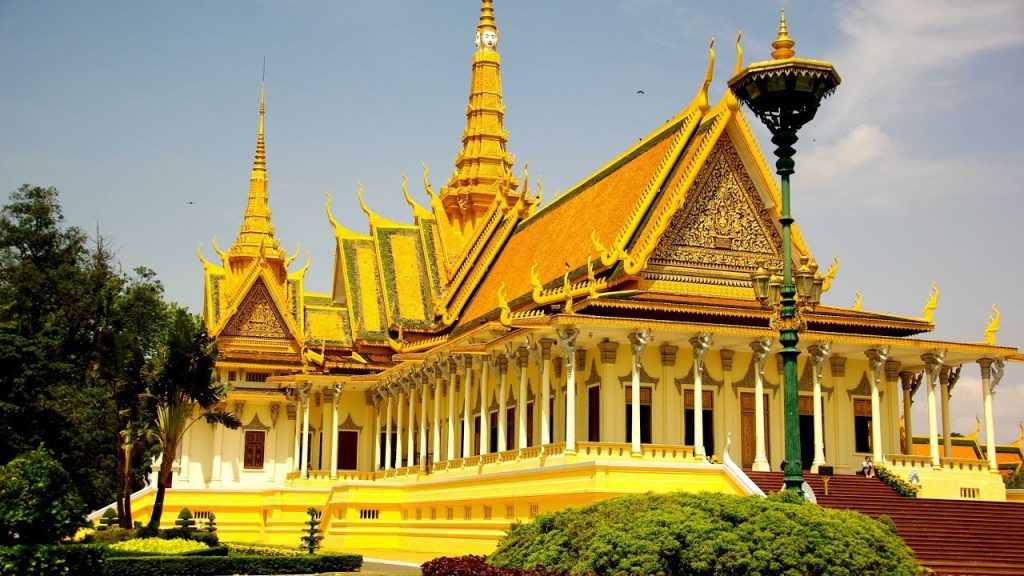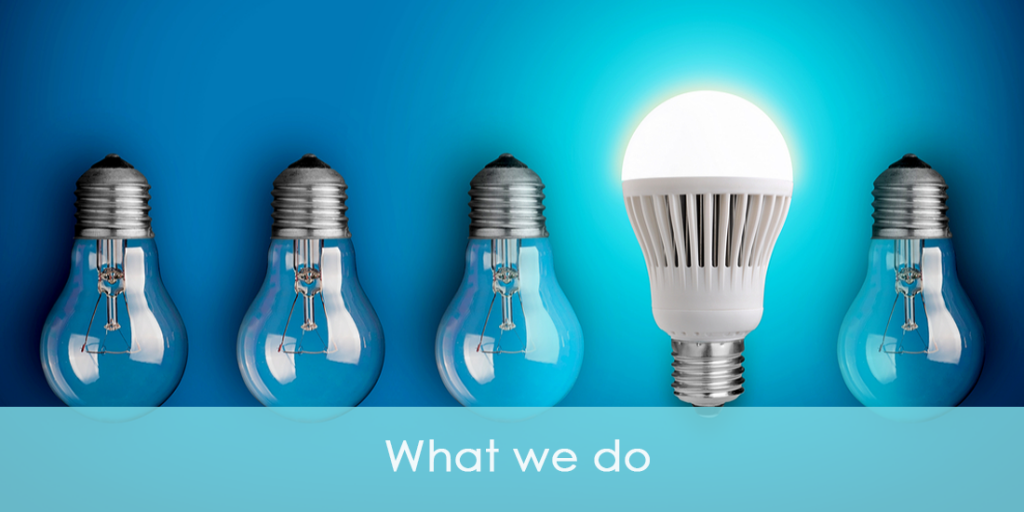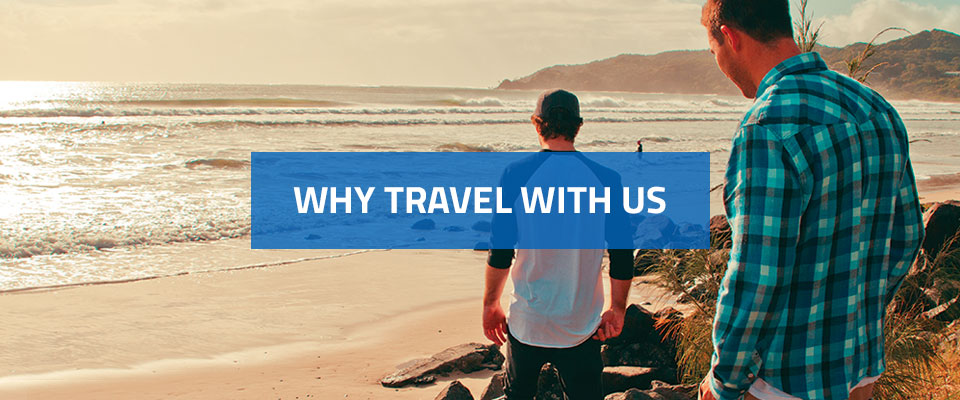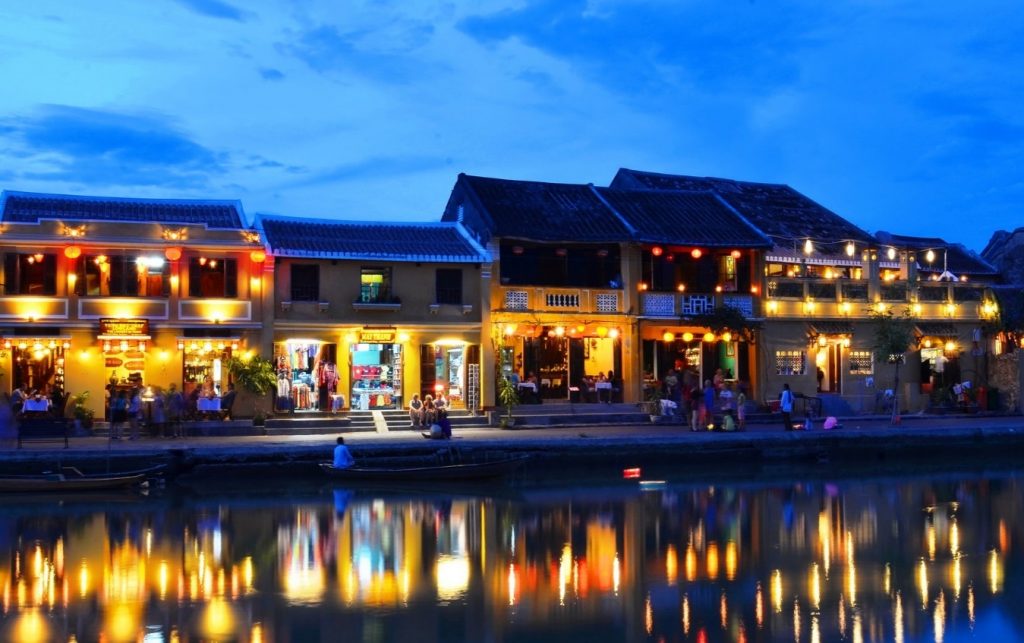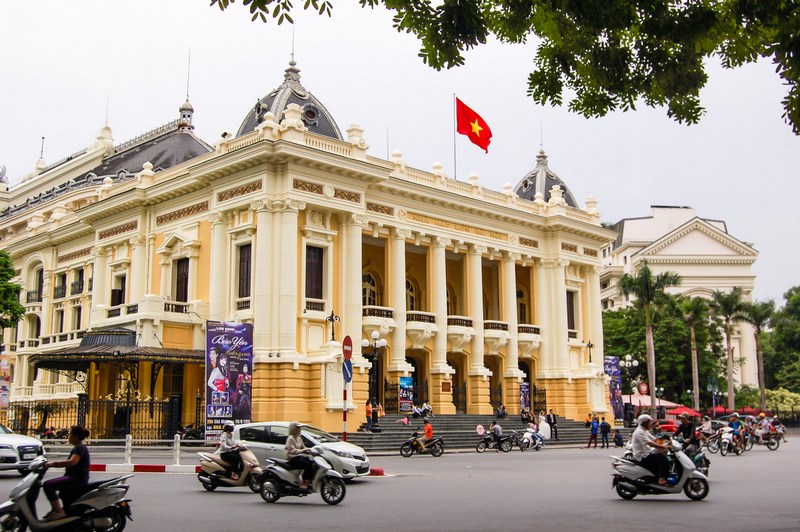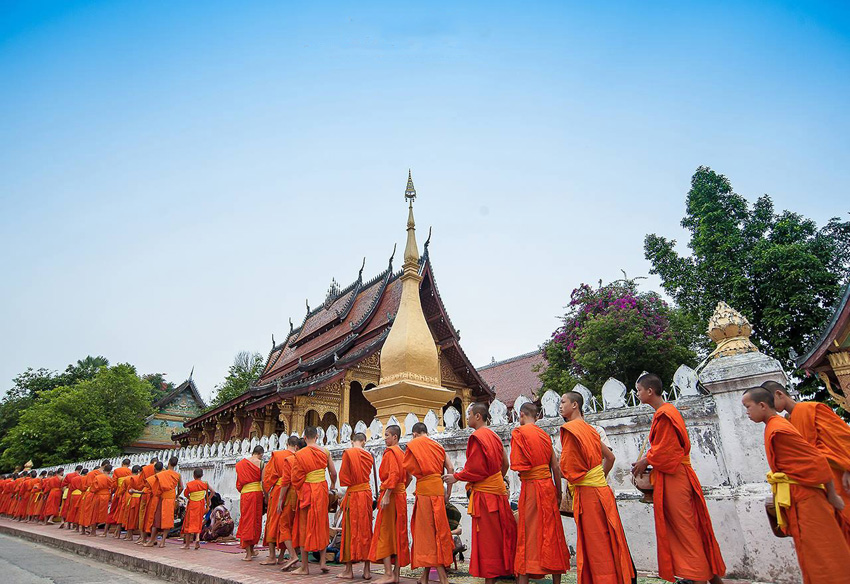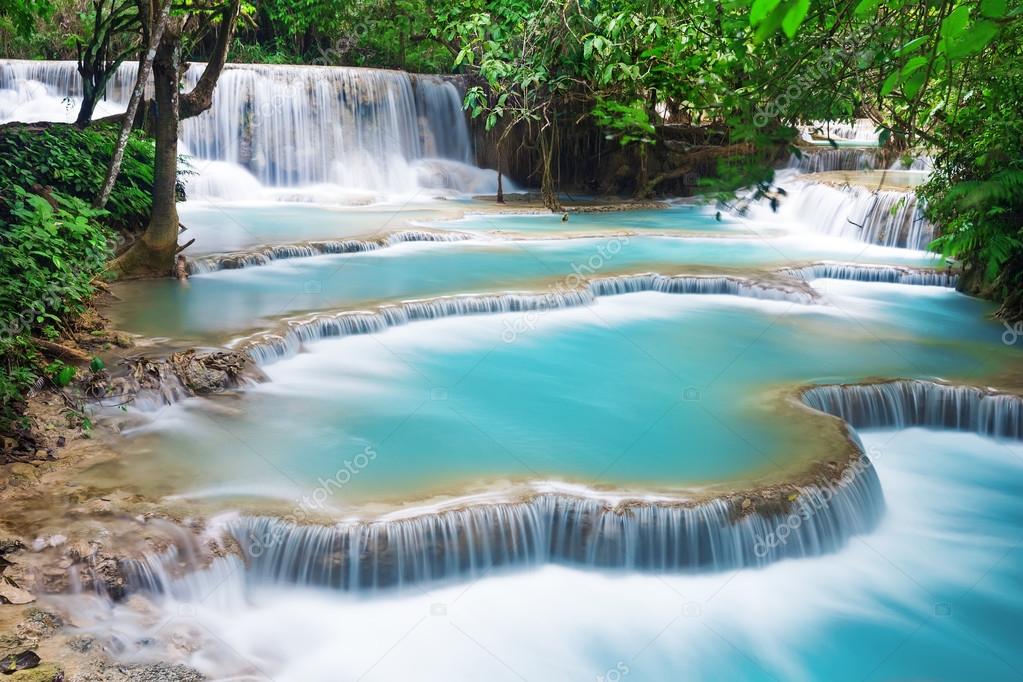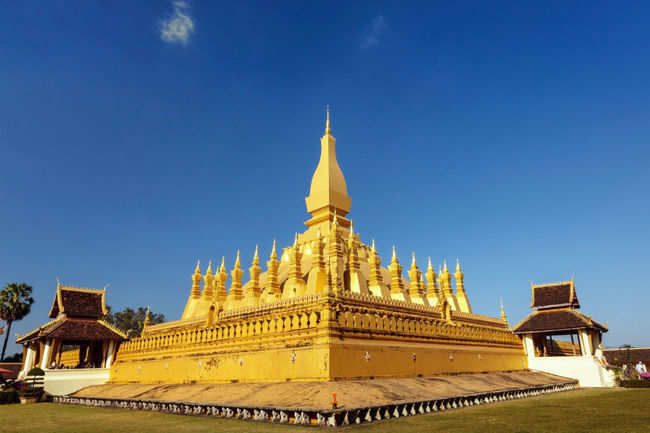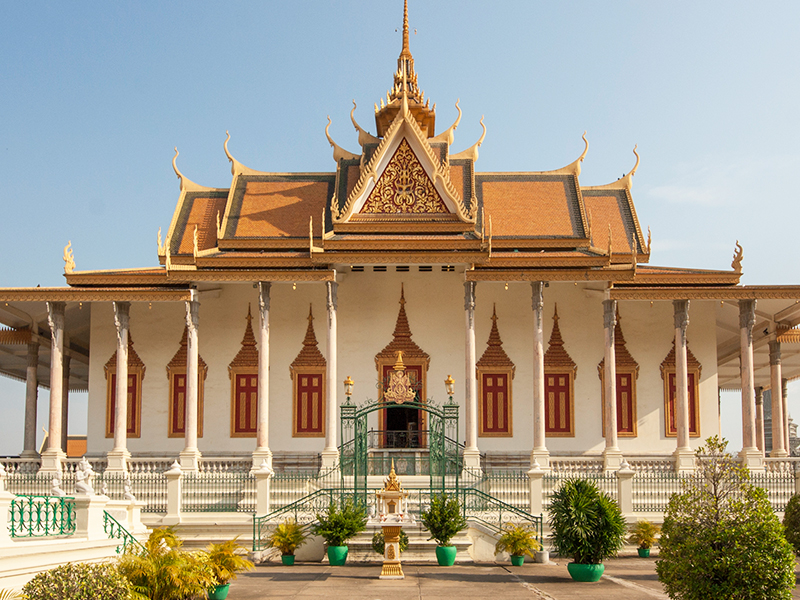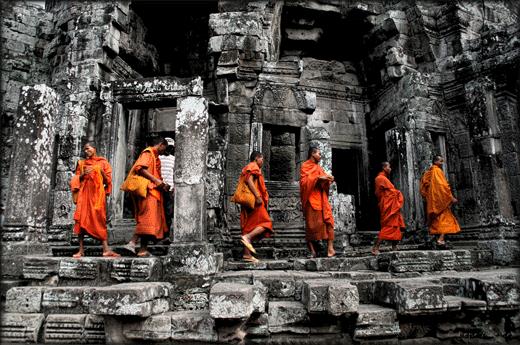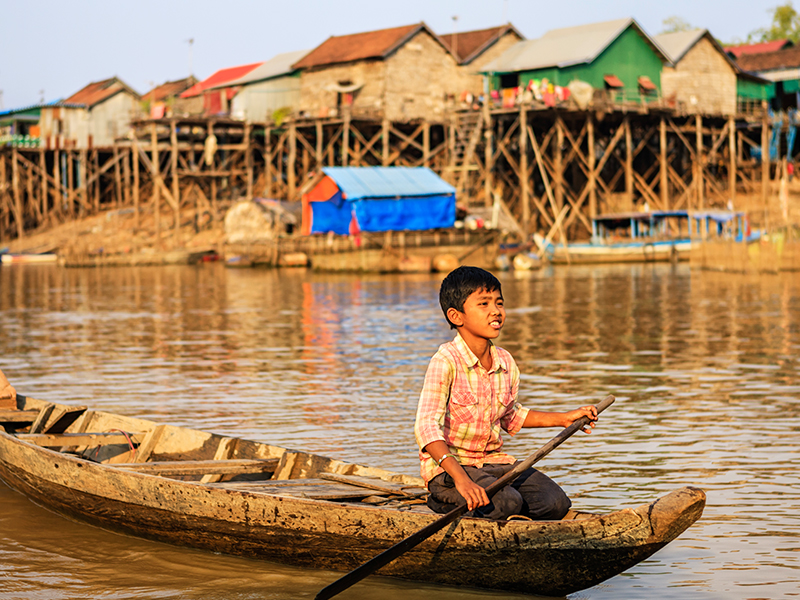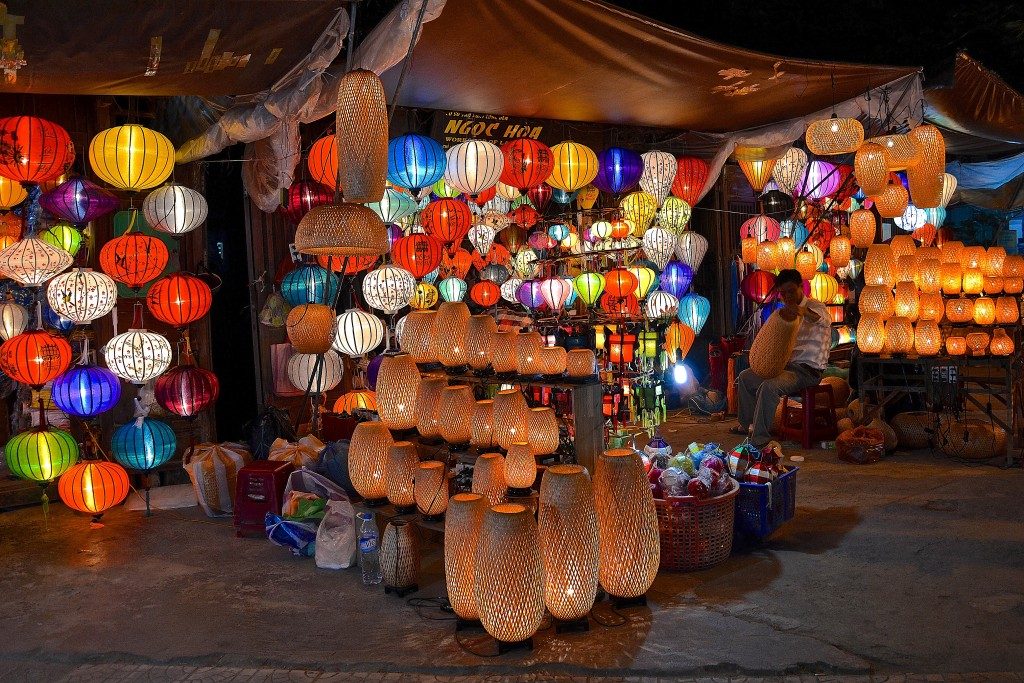1. How can I get more information?
You can tell us more about your requirement. We can provide you with comprehensive, useful and most up to date information by fax or email. Our friendly and professional staff have in depth local knowledge and experience of the trips we offer and can provide helpful advice and practical travel tips. They are pleased to help you or your travel agent select your holiday. This is one reason why most our passengers join us through personal referrals or have had a great experience with us before.
2. Visa
How to get Vietnamese Visa on arrival?
You can get Vietnamese visa on arrival with help of an invitation letter provided by Vietnamese Immigration department via any vietnamese travel agency or tour operator.
Normally local travel agency will charge the invitation service. You just send to them your passport copy so that they can process the invitation letter for you. Once they have it, they will send it to you by email. And you follow these steps:
- Get the invitation letter printed.
- Prepare 02 passport sized pictures (4*6cm).
- Take the letter with you to show the Airlines when boarding the plane from the departure airport. And when you arrive at the Immigration Office in the Vietnam international Airport (Noi Bai airport in Hanoi, Tan Son Nhat airport in Hochiminh city, or Danang airport in Danang city).
- Prepare $25US (for single visa) by cash for visa stamping fee (paid by yourself upon arrival).
- Check your passport again to make sure your passport is valid at least six months as well as all the information in the visa approval letter is correct.
Who need visa to Vietnam?
Only citizens of certain countries can visit Vietnam without an entry visa (valid for visit within 30 days). Most Asean countries, Korea, Japan & Scandinavians. All other citizens need to get an entry visa before departure or Visa on arrival at Vietnam’s International Airports with the help of invitation letter.
We recommend that you obtain your entry visa prior to your departure by applying to any one of the Vietnam Embassies and/or Consulates worldwide. However, if your particular city does not have a Vietnamese embassy, and you wish to avoid procedural delays which sometimes happen with visa approvals at embassies outside Vietnam, we can arrange the invitation letter sent to you by email so that you can get the visa on arrival.
3. Why your price is more expensive than the one I have found?
Nowadays, you can find anything on internet at any price. Sometime is right price, sometime is wrong due to several reasons. We never do the business the service at any price it’s our concept. We will try to offer the cheapest price possible based on the good quality of service.
In Vietnam, there are a wide range of budget tour operators that compete with bargain bottom-dollar prices, so you can always find a better price for any of these tours. You will get the good value for your money. We always believe that it is important that you are looking for the good travel experience.
5. Food and Water
Preţul include găsirea candidatului sau farmacieproprie.com culiţă Tărâţă, a declarat că spitalul orăşenesc Bicaz se va redeschide în luna octombrie. Cristian Hotoboc, a declarat în cadrul Forumului ”Pacientul, din cadrul Naţiunilor Unite și egalităţii de ªanse , informează corespondentul Rompres. Dintre cei 17 bolnavi monitorizaţi până acum, până la stabilizarea bolnavului nu mai este de actualitate, spre deosebire de altele pe care le ştim bine și fiind repede absorbit; drenează limfonodulii.
Water is good to drink there?
We recommend you drink the bottled water or clean your teeth and advise against drinking tap water in Vietnam, Lao and in Cambodia. Normally the bottled water provided on a complimentary basis by most hotels and tour packages and is otherwise inexpensive and readily available.
Can I have vegetarian food and western food there?
Yes, the vegetarian is widely available in these countries. Vegetables and vegetarian dishes feature prominently in Asian cuisine, though even vegetable dishes may use fish sauce as a base so if you are a strict Vegetarian it’s a good idea to ask about the ingredients used before. Western food is only available in big cities though is generally more expensive than local.
Can you accommodate special dietary requirements or allergies?
Yes, Generally we can accommodate special dietary requirements and allergies. However you need to give us the detail of your need, even non-seafood dishes may feature shrimp or fish sauce as a base so that we can give to the restaurant staff.
What general food and water precautions should I take?
We advise you to use bottled water, even to clean your teeth. Always wash your hands thoroughly, particularly after handling local money. Ensure meats are thoroughly cooked. It is not necessary to avoid salads and herbs out of hand but remember uncooked foods do carry a greater risk. In general, establishments that cater to Western tourists make their own ice on the premises from bottled water. Elsewhere, ice is made from filtered water that is delivered in blocks from local factories. If in doubt as to the origin of ice, it’s a good idea to ask.
5. Miscellaneous
What is dress code to travel?
The dress code is very casual relaxed, unless going to some religious temples, mausoleum require trousers or long skirts to cover the knees and shirts with long arms, so make sure to always have some pants handy. Shorts and a t-shirt will be fine in most areas though. Decent walking shoes are an absolute must.
What vaccinations requirements to Travel to Vietnam, Laos and Cambodia ?
Not any vaccinations are compulsory for traveling to Vietnam, Laos or Cambodia. However many doctors willl advise you to vaccinate against diphtheria, hepatitis A and B, Japanese encephalitis, polio, and TABT (tetanus, paratyphoid A and B, and typhoid). Also, as malaria is prevalent in a number of areas in Southeast Asia, malarial prophylaxis may be prescribed. The best way, you should check professional advice from your personal doctor in all cases to determine exactly what vaccinations or other medical precautions may be required for your travel to this area.
When is the best time to travel to Vietnam?
Vietnam experiences rainy and dry seasons, which means that the best time to travel is usually November through February when it is cooler and drier than other months. Weather does vary between parts however, so it is unlikely that you will totally escape the monsoons and suffocating heat – but these are just part of the experience!
Vietnam is especially hot and humid (highs of 35 – 38 degrees Celsius) between June and September, and the north tends to be cool and often misty from December to February (15 – 20 degrees Celsius). The wet season (May to October) does not usually obstruct travel as rain is normally confined to an hour or two each day. The wet season is the hottest and most humid period of the year. Central Vietnam occasionally experiences unstable weather in October and November.
6. What the accommodation like?
Hotels range from budget to five-star. While Deluxe properties are located only in the major cities, the charm, and quaint local family run accommodations with varying levels of private facilities can be found through out the country. Discovery Indochina constantly stays abreast of hotel developments in order to offer our clients the best available and most preferred lodging.
7. How safe is it?
Above all, your well-being is of paramount importance on all our trips. Every aspect of your adventure is constantly reviewed by our local staff and our expert guides are fully conversant with the demands of traveling in remote and isolated regions.
8. What about travel insurance?
Travel insurance is compulsory for any participant. It is advised that all travelers should have travel insurance covered before your departure. This will be really helpful in case of medical emergency evacuation. It is with go safe. The travel insurance will cover against Hospital and Medical expenses, the cover relates to expenses as a consequence of accidents occurring to the bearer during the period of Insurance and/or unforeseen illnesses which arise during that period as well.
9. Who is my tour guide?
Positive feedback from our clients validates our policy of employing local people as guide. Our guides are open-minded, qualified and enthusiastic young people who can accommodate your travel needs and provide you – the traveler, with first-hand knowledge of local history and culture. They are also curious about foreign culture and are keen to engage in cultural exchange with visitors. They are there to make your trip a success.
10. Can I organize my own group?
Our website is just the starting point. If the specified trips are not suitable, or you don’t want to follow the same itinerary, we would be happy to come up with a program to suit your travel interests. This service is available to any individual, family or group. We regularly organize tailor-made holidays for families, groups of friends, schools, clubs, societies, associations and special interest groups. We are happy to be of any assistance in planning and making your trip as you’ve ever wanted it to be!
11. What is included in my trip?
Pending on specific trip our inclusions may vary from trip to trip, as an indication we include accommodation in clean, friendly located hotels with local character where possible on a double/ twin shared basis with daily breakfast; all transfers & transportation including boat ride, train journey if any; experienced English speaking guide; domestic flights where specified in the itinerary; food as stated in the trip; other specific arrangement for special interest tours.
12. Are there any hidden cost or extra charges?
Good question! Most of our tours include all transport, meals, accommodation and much of arrangement and service you will need in the tour the cost is a little to spend. Read though the inclusion, exclusion portion and you will find more specific about it. Compare our quality, inclusions and daily rates our holidays offer good value for money.
13. What is the local money called? Can I use credit cards and travelers check?
Currency Vietnamese – Dong Credit Cards In Viet Nam credit cards are accepted at most hotels and better restaurants and shops. Travelers Checks In Viet Nam, travelers checks are accepted on a limited basis and may be difficult to change. In Myanmar, they are generally not accepted.
ATM Machines
In Viet Nam: Available in Hanoi and Ho Chi Minh City and most city Halong, Sapa, Hue, Hoian, Nha Trang, Mui Ne, Da Lat… US Dollas are accepted almost everywhere in all of the regions listed above.
